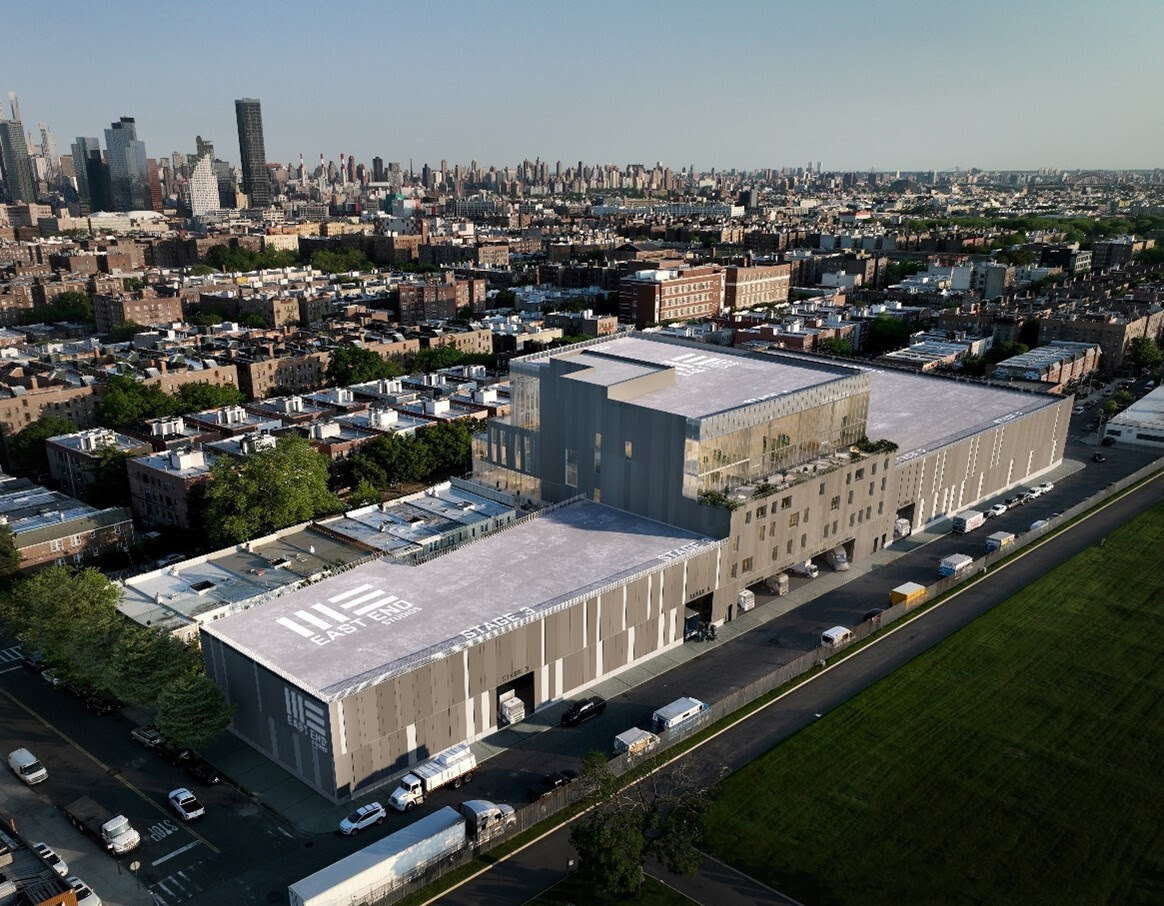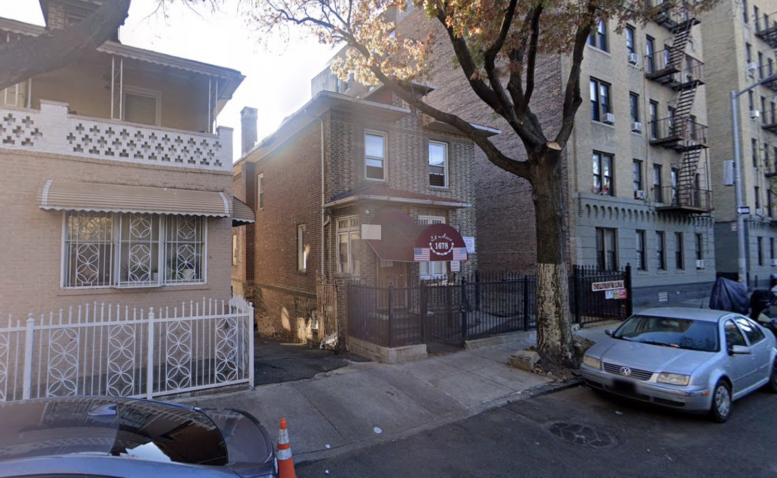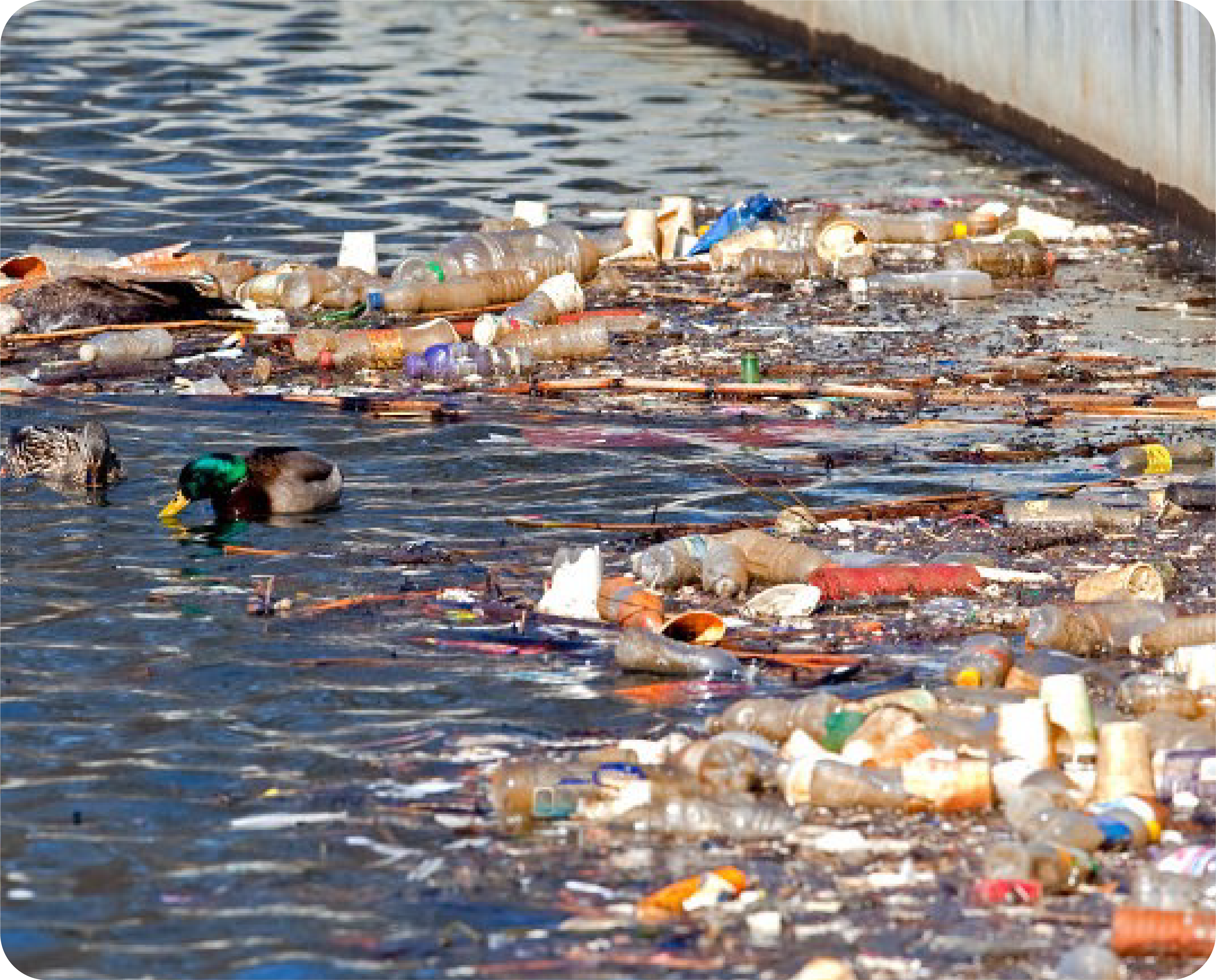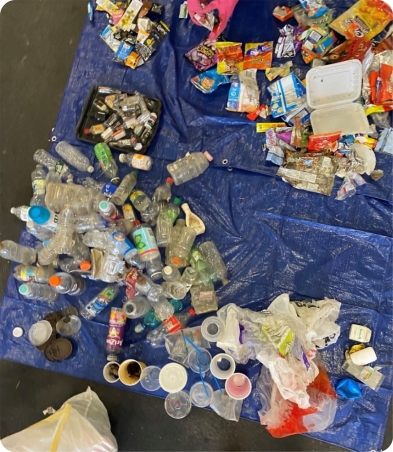Will Create More Than 1,500 Jobs, Build on Momentum in Film and TV Production Following End of SAG-AFTRA and WGA Strikes
Part of Mayor Adams’ “Working People’s Tour,” After City Set All-Time High Total Jobs Record and Recovered All of Nearly 1 Million Jobs Lost During Pandemic
Surrounded by labor leaders and partners from the film and TV industry, New York City Mayor Eric Adams today was joined by New York City Economic Development Corporation (NYCEDC) President and CEO Andrew Kimball, Mayor’s Office of Media and Entertainment (MOME) Commissioner Pat Kaufman, and East End Studios to break ground on a film and TV-ready production studio in Sunnyside, Queens that will create nearly 1,000 construction jobs and roughly 750 permanent, full-time jobs. The city’s film and TV production industry employs more than 185,000 New Yorkers.
The start of construction — which follows a similar milestone at another campus at Pier 94 Manhattan — kicks off the return of the city’s film and TV production industry, after the Screen Actors Guild-American Federation of Television and Radio Artists (SAG-AFTRA) and Writer’s Guild for America (WGA) ended their respective strikes this fall. It also marks a key stop on Mayor Adams’ “Working People’s Tour,” continuing to create jobs and power New York City’s economic recovery after the city set an all-time high job record with 4.7 million total jobs, recovering the nearly 1 million jobs lost during the COVID-19 pandemic.
“Thanks to SAG-AFTRA and the Writers Guild of America securing fair deals for their workers, film and TV production is back in New York City — helping more than 185,000 New Yorkers get back to work,” said Mayor Adams. “New York City is back, but our work is not done until every New Yorker has a pathway to success. We’re thrilled to see East End Studios bringing more than 1,500 jobs to the city and joining the ecosystem of successful local production spaces that are continuing to elevate Western Queens as a worthy rival of Hollywood.”
“As we continue our Working People’s Tour in celebration of hitting a new all-time job record in New York City, we are thrilled our unions and studios have reached agreements and we welcome the return of film and TV production — a vital component of New York City’s Economy,” said Deputy Mayor for Housing, Economic Development, and Workforce Maria Torres-Springer. “The East End Studios Sunnyside Campus will build on New York City’s strong foundation of local production facilities that keeps world-leading productions and a family-sustaining jobs in New York City.”
“NYCEDC celebrates the East End Studios Sunnyside Campus groundbreaking and is thrilled with the progress made on this new state-of-the-art film- and TV-ready production studio that was just announced over the summer,” said NYCEDC President and CEO Kimball. “With the development of the new East End Studios facility here in Queens, and the recent groundbreaking of Sunset Pier 94 Studios — the first purpose-built studio campus in Manhattan — last month, film and TV production continues to be a huge driver of New York City’s economy, providing good-paying jobs for New Yorkers across the five boroughs.”
“Today’s groundbreaking at the new East End Studios Sunnyside Campus is not only an indication of this city’s commitment to the future of our world-famous film and TV industry, but also a moment to celebrate the historic resolution of the 118-day SAG-AFTRA strike,” said MOME Commissioner Kaufman. “Combined with the recent expansion of the New York state film tax credit, today’s groundbreaking will serve as an economic driver for local businesses, create jobs for New Yorkers, and further our city’s reputation as a global creative capital.”
“New York City has profound unmet demand for best-in-class, fully integrated stage campuses. Our Sunnyside Campus will provide an elevated standard of workflow that doesn’t exist in any New York City stage at this time,” said Jonathon Yormak, founding partner, East End Studios. “East End Studios is exceptionally proud to participate in the city’s ever-growing place in the production landscape. We are honored to acknowledge today’s milestone with our valued partners at the New York City Economic Development Corporation, the New York City Industrial Development Agency, and the Mayor’s Office of Media and Entertainment.”

Rendering of the East End Studios Sunnyside Campus, set to be complete in early 2025.
The East End Studios Sunnyside Campus will be a 340,000-square-foot, Class A facility with three full-service, ground-floor soundstages totaling 75,000 square feet. The project also houses a 15,000-square-foot rooftop flex-stage that offers sweeping views of the Queens, Brooklyn, and Manhattan skylines. The stages are supported by 125,000 square feet of production, office, and mill spaces. Like all of East End Studios’ projects, the Sunnyside facility will be fully integrated with extended reality and virtual reality infrastructure, including the capability to shoot on a virtual stage and high-speed fiber connectivity with scalable production-level internet.
The project — with a total cost of approximately $275 million — is expected to be completed by the first quarter of 2025. The New York City Industrial Development Agency— which supports business growth, relocation, and expansion across the five boroughs by lowering the cost of capital investment — provided financial support.
New York City’s film and TV industry has grown significantly over the last decade, supporting 185,000 jobs, generating over $18 billion in wages, and contributing more than $82 billion in economic impact. After struggling during the pandemic, the city’s arts and entertainment sector continues to show positive momentum in its jobs recovery under the Adams administration — growing nearly 16 percent between May 2022 and May 2023 — and recovering nearly 46,000 jobs since the start of the pandemic.
“The WGA East is committed to supporting a film and television community that can thrive and create jobs here in New York,” said Lisa Takeuchi Cullen, president, Writers Guild of America (WGA) East. “Now that writing services are a qualified, covered expense under the New York State Film Tax Credit Program, we are hopeful that more writers' rooms will be located in New York, bringing more productions and filling soundstages like the new East End Studios Sunnyside Campus.”
"Theatrical Teamsters Local 817 is excited about East End Studios coming online,” said Tom O’Donnell, president, Theatrical Teamsters Local 817. “Its opening further cements New York City as the go-to location for episodic production.”
"I'm a proud graduate of the 'Made in NY' Production Assistant training program, which opened the door for me 11 years ago into New York City’s film and TV industry and I have never looked back," said Julian "Jay" Montoya, graduate, Made in NY. "Thank goodness that the strikes are over so that this new studio, located right here in Sunnyside, Queens, can provide opportunities for me to work."






